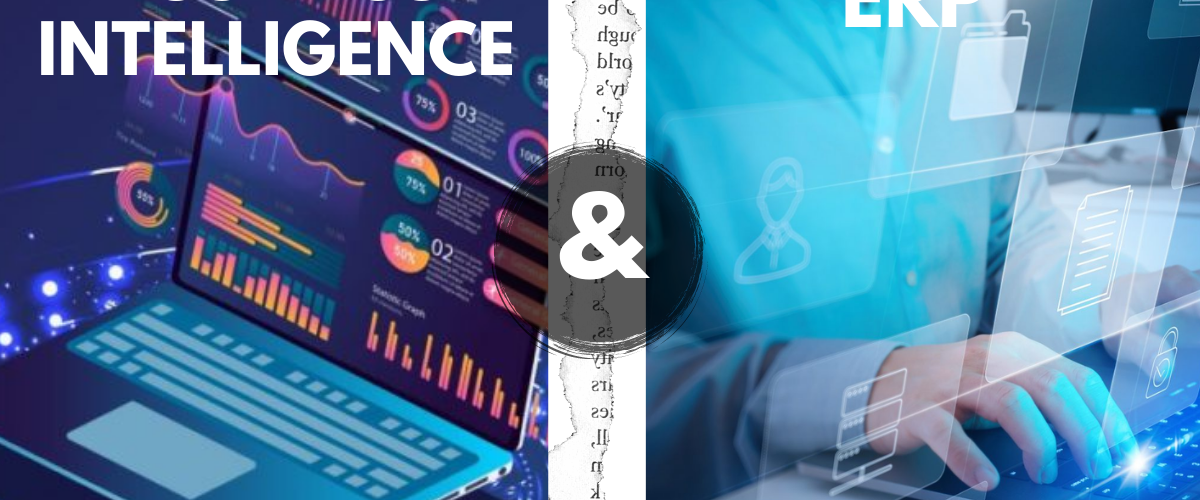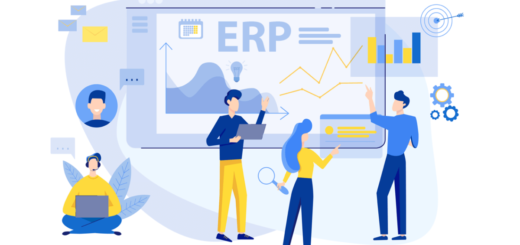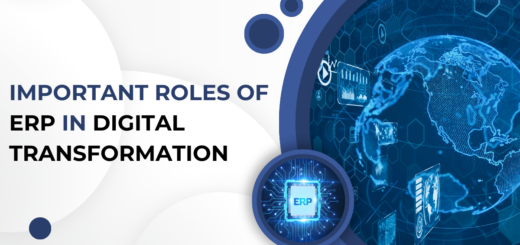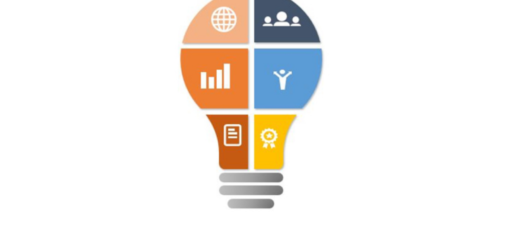What Is The Difference Between ERP and Business Intelligence?

These are two pieces of software that are often confounded, confused up, and each is perceived to be something they are not. However, they are two extremely distinct pieces of software that do totally different things.
What is enterprise resource planning software?
It’s tied to assembling, storing and interpreting data from numerous business activities.
Allow me to give you an example: You take a customer’s order. Normally that order is written down on an order sheet by your sales rep before being added into their sales report and passed to the following department to process. That one order then starts a long paper-based venture through each arm of the business before arriving at its endpoint. Nonetheless, it is stressing that nobody knows the order’s status until the customer brings in to protest that it hasn’t shown up.
ERP software vanquishes the archaic systems utilized in manufacturing, HR, finance, and warehouses, replacing them with a solitary software solution. This intends that from the second the order is taken to the time it lands with your customer, the whole business knows where it is and what’s going on with it.
What is business intelligence software?
It’s linked with taking stored information, examining it and recognizing significant open doors for the business.
Benefiting from the information stored in your ERP software framework, a BI solution will take this data, analyze it and present it back to you in a significant and simple way to interpret format. Dashboards, reports and essential sales information are taken care of back to the business in a way that can be utilized, rather than being locked away inside the ERP software, never to see the light of day.
We address such countless individuals that believe there’s no genuine contrast between ERP and BI and that their ERP software can do exactly what BI software can, yet so, it can’t. They are two different things, with other objectives and final plans for your business. An ERP will keep you coordinated, and everybody is perusing off a similar page, while BI software will make you proactive in your selling and groundbreaking how you approach your customers.
ERP and BI have major contrasts
BI FOCUSES SOLELY ON REPORTING while ERP oversees different administrative centre capacities – reporting, inventory control, payroll, staff acquisition, etc. The two projects demonstrate helpful for small and medium-sized businesses. However, BI may be more qualified to analyze patterns and data to an advertising group.
There are other contrasts too. ERP is a framework that furnishes you with a solitary functional perspective on your business. It upgrades your business processes individually – and sets aside your bunches of cash in the process. For example, you can utilize it to reduce expenses and recognize shortcomings in your manufacturing or supply chain exercises.
BI, in any case, gives you settle on more essential choices to access your working environment. For example, you can utilize it to foresee future patterns and models that impact business development. With BI, you normally get more nitty-gritty data about your business activities than you would with ERP.
Small and medium-sized organizations ought to conclude whether ERP or BI software is a superior fit for their association. For those that can’t choose, there is another option. Combining these two projects furnishes firms with a more far-reaching way to deal with board business. ERP and BI mix offers dynamic reporting, where organizations can pinpoint rewarding business open doors.
ERP and BI: The ideal pair
Continuing, ERP software combines impeccably with Business Intelligence. A real match made in Cloud heaven, blending these software solutions will unite all of the information you care about and present it to you in one natural stage to settle on quicker and better-educated business choices.
To know more and get all these benefits you can contact us at REXO ERP. You can also reach out to us on Techlene or drop us a mail for a free demo and consultation.



1 Response
[…] greatest difference between these two systems is how they are deployed. Cloud-based software, also called Software-as-a-Service (SaaS), is facilitated on the vendor’s servers and […]